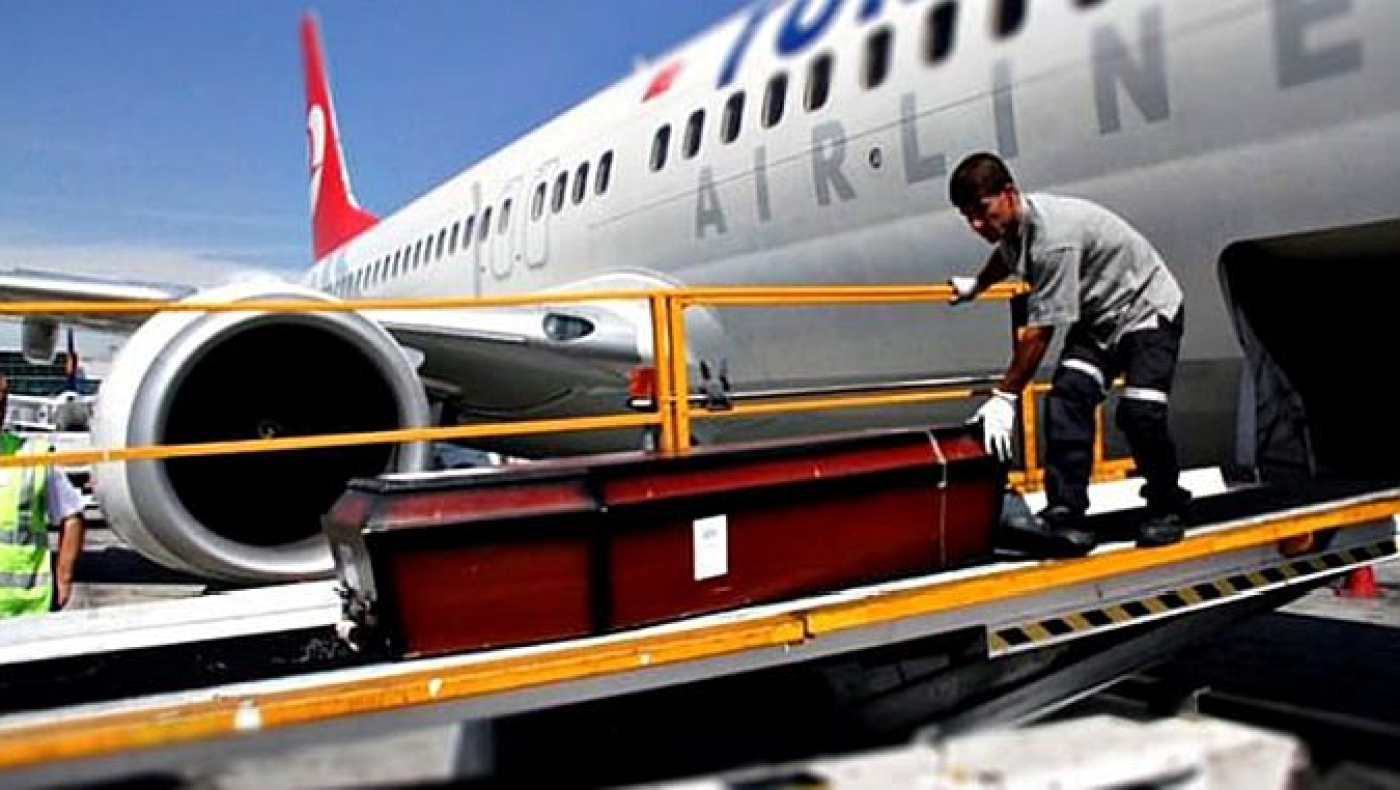
Understanding the Legalities of Transporting a Dead Body Yourself
The idea of personally transporting human remains may arise for various reasons, such as avoiding high funeral costs or bringing a loved one home after passing away in another location. While it is possible in some cases, transporting a dead body yourself is heavily regulated. Each state and country has specific laws, permits, and requirements that must be followed to ensure compliance.
When Is It Legal to Transport a Dead Body Yourself?
Legal requirements vary depending on the location and transportation method. Here are key factors to consider:
- State Laws: In many U.S. states, you can transport a body by car if you have the necessary permits, such as a death certificate and a burial transit permit.
- International and Interstate Transport: If the body needs to cross state or national borders, you will likely need embalming or refrigeration, along with approval from health and transportation authorities.
- Cremated Remains: Unlike full-body transport, cremated remains are generally easier to move. Most states allow individuals to transport ashes without special permits, but airline and international shipping regulations must still be followed. Proper packaging and documentation, such as a certified death certificate and cremation permit, may be required.
- Cause of Death Considerations: If the death was suspicious or involved infectious disease risks, authorities may impose additional restrictions.
Practical Challenges of Transporting a Dead Body Yourself
Even if legally allowed, moving human remains without professional assistance can be difficult. Key challenges include:
- Proper Handling and Containment
- Bodies must be transported in an approved casket or alternative container to meet health and safety regulations.
- Some states require embalming or refrigeration for transport beyond a certain timeframe.
- Vehicle Requirements
- A private vehicle may be used in some cases, but airlines and trains require professional funeral transport services.
- Long-distance transport can be complicated due to decomposition risks and required documentation at checkpoints.
- Legal and Ethical Considerations
- Authorities may stop and inspect your vehicle to verify documentation.
- Families should consider the emotional toll of handling this process without professional support.
When to Use Professional Funeral Transport Services
While some people may legally handle deceased transportation themselves, many opt for professional services to avoid legal, logistical, and emotional burdens. Cargo Sales International specializes in handling funeral transport services, ensuring compliance with all regulations and streamlining the process for families and funeral homes. We also provide local funeral home pick-up and delivery of the deceased to ensure a smooth handover and transport process.
Get Expert Funeral Transport Assistance
If you need to transport a loved one, please contact your local funeral home to coordinate with Cargo Sales International. We work directly with funeral homes and their clients to ensure a smooth and compliant deceased transportation process, whether domestic or international.
Get Expert Help



